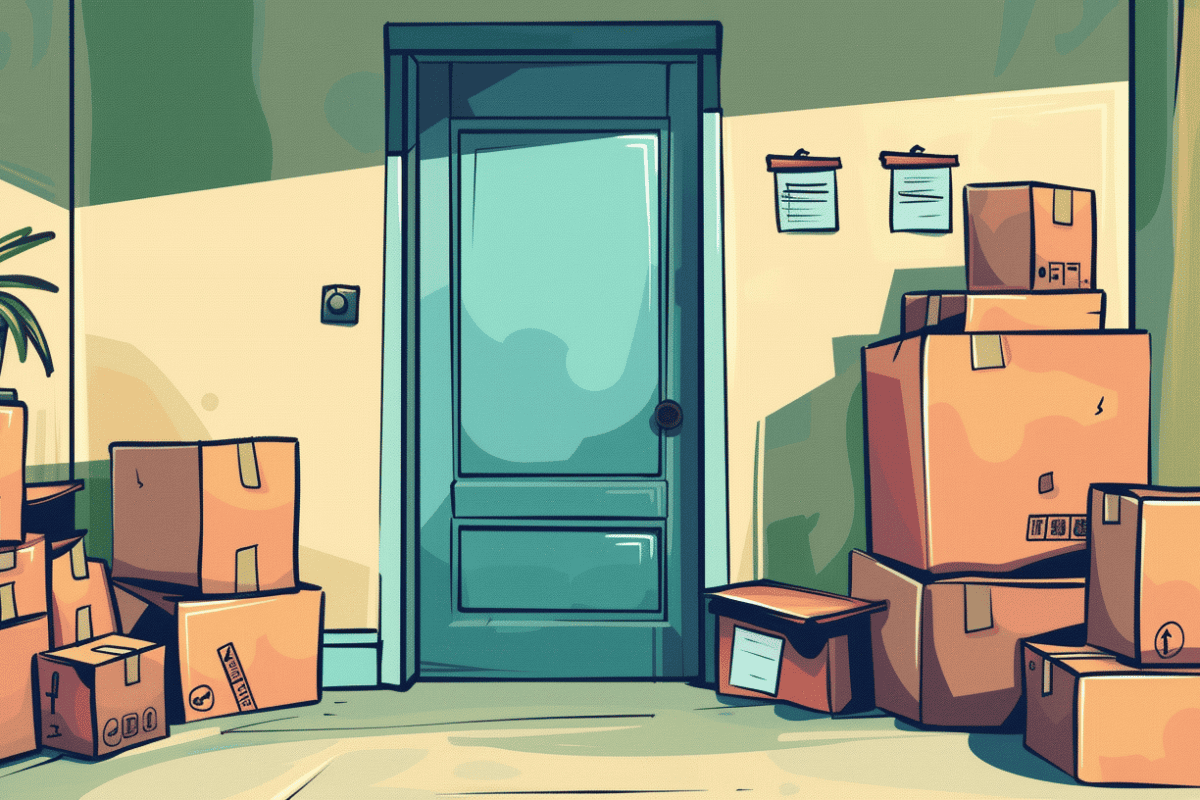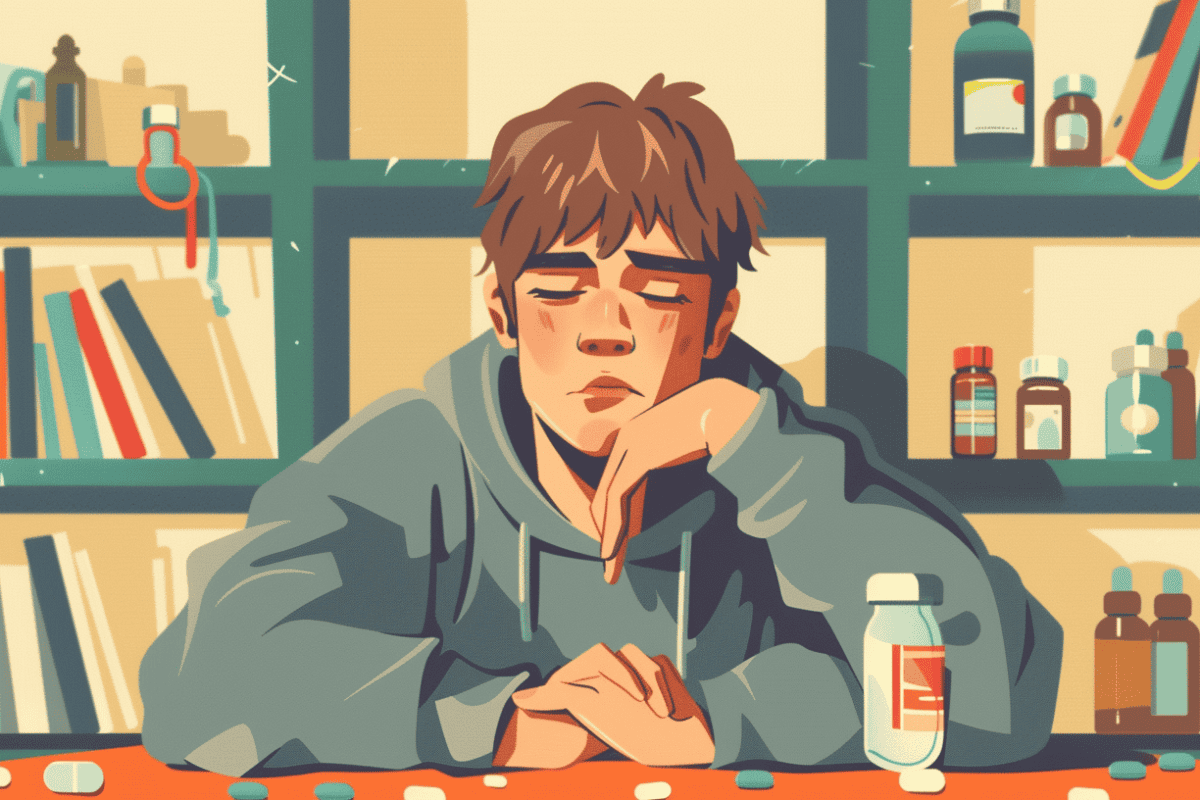Life is a rollercoaster, isn’t it? One moment you’re soaring through the skies, and the next, you’re plummeting into a dark tunnel. We all have our ups and downs, but sometimes those downs can feel like they’re dragging us into a pit we can’t climb out of. If you’ve been feeling off lately, it might be a sign that your mental health needs some TLC.
1. You Feel Overwhelmed by Everyday Tasks
Let’s start with something we can all relate to: feeling overwhelmed. If getting out of bed, showering, or even making breakfast feels like climbing Mount Everest, it’s a red flag. This isn’t about being lazy or unmotivated; it’s about feeling like everything is just too much.
What to Do
Break It Down: Start by breaking tasks into tiny, manageable chunks. Don’t think about cleaning the whole house; just focus on washing a few dishes or tidying up one corner.
Talk to Someone: Sometimes talking to a human feels daunting, and that’s okay. Using AI-powered mental health advisors like the one at Talkie-AI can be a great first step.
2. Your Sleep Patterns Are All Over the Place
Ah, sleep – the sweet escape from reality. But if you’re finding it hard to fall asleep, stay asleep, or if you’re sleeping too much, it’s a sign something’s up.
What to Do
Create a Sleep Routine: Try to go to bed and wake up at the same time every day. Yes, even on weekends. Your body loves routine.
Limit Screen Time Before Bed: Those late-night scrolls can mess with your sleep. Try reading a book or listening to calming music instead.
3. You’ve Lost Interest in Things You Used to Love
Remember when you used to get excited about your hobbies? If the things that once brought you joy now seem dull or uninteresting, it’s a sign your mental health might need attention.
What to Do
Revisit Old Hobbies: Even if you don’t feel like it, try revisiting activities you used to enjoy. Sometimes, just starting can reignite that spark.
Explore New Interests: Don’t be afraid to try something new. Maybe it’s painting, gardening, or learning a new language. New experiences can bring new joy.
4. You Feel Isolated, Even in a Crowd
Ever felt lonely in a room full of people? Feeling disconnected from those around you, even when you’re not physically alone, can be a sign of mental health struggles.
What to Do
Reach Out: It might feel hard, but reaching out to a friend or family member can make a world of difference. A simple text or phone call can help you feel more connected.
Join a Group or Club: Whether it’s an online community or a local club, joining a group with similar interests can help you find a sense of belonging.
5. Your Emotions Are All Over the Place
One minute you’re laughing, the next you’re crying, and then you’re just numb. If your emotions are on a constant rollercoaster, it could be a sign that your mental health is struggling.
What to Do
Practice Mindfulness: Mindfulness and meditation can help you become more aware of your emotions and manage them better. There are plenty of apps to guide you through simple practices.
Talk It Out: Sometimes, just talking about how you feel can help. This could be with a friend, a family member, or a mental health professional.
6. Physical Symptoms with No Clear Cause
Mental health issues don’t just affect your mind; they can impact your body too. Headaches, stomachaches, and other unexplained physical symptoms can be signs of mental distress.
What to Do
See a Doctor: Rule out any physical causes first. If everything checks out, it might be time to focus on your mental health.
Stay Active: Gentle exercise like walking, yoga, or stretching can help alleviate some physical symptoms and boost your mood.
7. You Can’t Seem to Focus
If your mind feels like it’s constantly wandering, and you can’t concentrate on anything for more than a few minutes, it might be a sign of underlying mental health issues.
What to Do
Set Small Goals: Break your tasks into small, manageable goals. Use a timer to work for short bursts, like 25 minutes, followed by a short break.
Limit Distractions: Create a workspace that minimizes distractions. Turn off notifications, and try to work in a quiet environment.
8. You Feel Hopeless or Worthless
Feelings of hopelessness or worthlessness are serious signs that your mental health needs attention. These feelings can be overwhelming and paralyzing.
What to Do
Seek Professional Help: Don’t hesitate to reach out to a mental health professional. Therapists and counselors are trained to help you navigate these feelings.
Practice Self-Compassion: Be kind to yourself. Treat yourself with the same compassion you would offer a friend in a similar situation.
9. Your Appetite Has Changed
Whether you’re eating much more or much less than usual, significant changes in appetite can be a sign of mental health struggles.
What to Do
Maintain a Balanced Diet: Try to eat regular, balanced meals. Even if you don’t feel like it, your body needs nourishment to function properly.
Keep a Food Diary: Track what you’re eating and how you’re feeling. This can help you identify patterns and triggers related to your appetite changes.
Wrapping It Up
Struggling with mental health can feel incredibly isolating, but remember, you are not alone. Recognizing the signs is the first step towards healing. Whether you choose to talk to a friend, seek professional help, or use innovative tools like AI mental health advisors, taking action is crucial.
Digital Health Buzz!
Digital Health Buzz! aims to be the destination of choice when it comes to what’s happening in the digital health world. We are not about news and views, but informative articles and thoughts to apply in your business.


